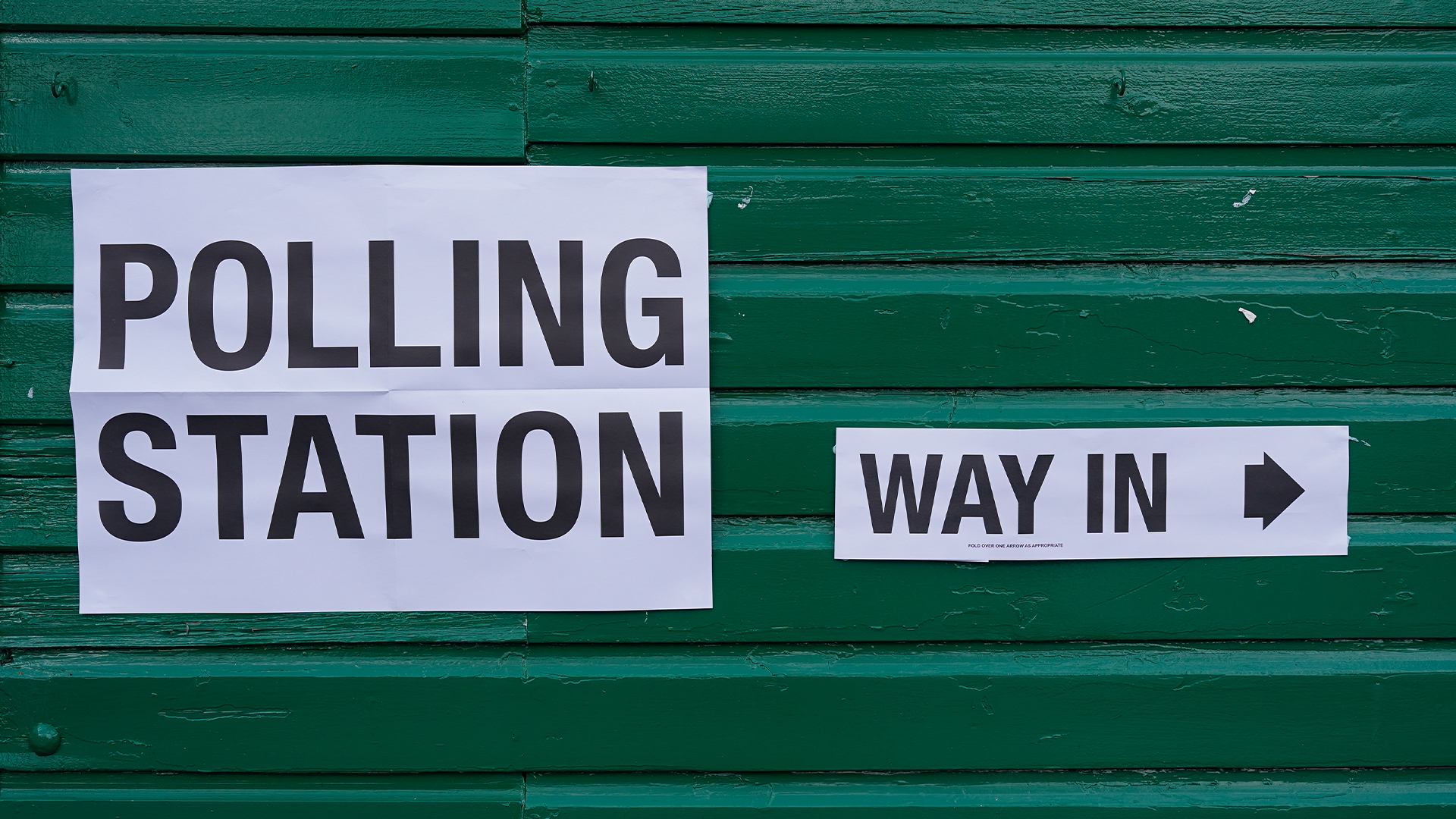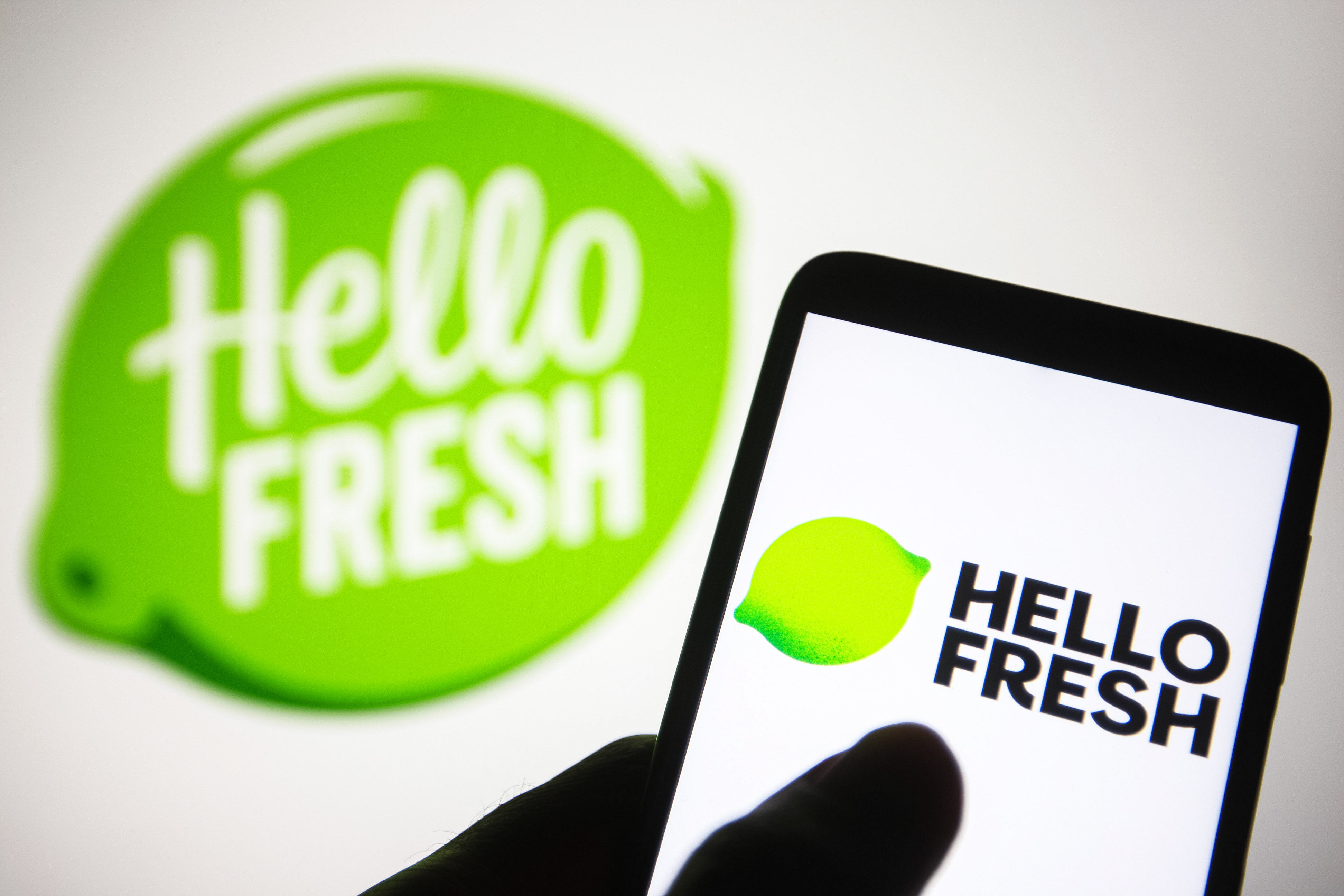ICO can’t fine Google for Wi-Fi scandal
The ICO admits it cannot fine Google over its Street View Wi-Fi data collection as the ability to issue a monetary penalty is not retroactive.

The Information Commissioner's Office (ICO) is unable to fine Google for collecting data over unprotected Wi-Fi connections during its Street View project.
Various reports have indicated the ICO could issue a landmark monetary penalty but the privacy watchdog admitted to IT PRO it cannot issue a monetary penalty as the data was gathered before the ability to fine up to 500,000 was granted to the ICO.
Last week, the ICO said it was to reopen the investigation into Google after the search giant admitted it had stored passwords, email addresses and URLs during its Street View operation.
Many subsequently called for the privacy body to use its fining powers, but today those hopes have been crushed.
Ed Vaizey, minister for culture, confirmed to delegates at a parliamentary debate on internet privacy today that the ICO would not be able to issue a monetary penalty.
Vaizey delivered an update on the situation, noting the Metropolitan Police have decided no criminal investigation is needed into the incident, so the data collected by Google could now be deleted.
"I will meet with the information commissioner next week to talk about what he intends to do with the data and about any potential breach of protection law," Vaizey said.
Get the ITPro daily newsletter
Sign up today and you will receive a free copy of our Future Focus 2025 report - the leading guidance on AI, cybersecurity and other IT challenges as per 700+ senior executives
Earlier this week, the US Federal Trade Commission closed its inquiry into Google's Street View map-imaging service.
Many delegates had lambasted Google for what had happened, with Robert Halfon MP, who oragnised the debate, criticising the Street View project as a whole.
"Street mapping was done without anyone's explicit permission," he said.
Halfon called for the ability for citizens to opt in to services such as Street View and said it is not just Google people should be concerned about.
He had some strong words for BT and its use of Phorm to scan social network accounts for comments about the company.
Vaizey was more sympathetic, however, and said firms had always collected data on individuals.
"When it comes to data harvesting personal data has always been collected by commercial companies to enable them to sell you products," Vaizey said.
"We should remember one of the reasons [the internet] is having an impact on our privacy is that so many of us voluntarily use it."
He added it was a "perfectly legitimate argument" that the Phorm software was there to support businesses and help customers.
Tom Brewster is currently an associate editor at Forbes and an award-winning journalist who covers cyber security, surveillance, and privacy. Starting his career at ITPro as a staff writer and working up to a senior staff writer role, Tom has been covering the tech industry for more than ten years and is considered one of the leading journalists in his specialism.
He is a proud alum of the University of Sheffield where he secured an undergraduate degree in English Literature before undertaking a certification from General Assembly in web development.
-
 Should AI PCs be part of your next hardware refresh?
Should AI PCs be part of your next hardware refresh?AI PCs are fast becoming a business staple and a surefire way to future-proof your business
By Bobby Hellard
-
 Westcon-Comstor and Vectra AI launch brace of new channel initiatives
Westcon-Comstor and Vectra AI launch brace of new channel initiativesNews Westcon-Comstor and Vectra AI have announced the launch of two new channel growth initiatives focused on the managed security service provider (MSSP) space and AWS Marketplace.
By Daniel Todd
-
 AI recruitment tools are still a privacy nightmare – here's how the ICO plans to crack down on misuse
AI recruitment tools are still a privacy nightmare – here's how the ICO plans to crack down on misuseNews The ICO has issued guidance for recruiters and AI developers after finding that many are mishandling data
By Emma Woollacott
-
 “You must do better”: Information Commissioner John Edwards calls on firms to beef up support for data breach victims
“You must do better”: Information Commissioner John Edwards calls on firms to beef up support for data breach victimsNews Companies need to treat victims with swift, practical action, according to the ICO
By Emma Woollacott
-
 LinkedIn backtracks on AI training rules after user backlash
LinkedIn backtracks on AI training rules after user backlashNews UK-based LinkedIn users will now get the same protections as those elsewhere in Europe
By Emma Woollacott
-
 UK's data protection watchdog deepens cooperation with National Crime Agency
UK's data protection watchdog deepens cooperation with National Crime AgencyNews The two bodies want to improve the support given to organizations experiencing cyber attacks and ransomware recovery
By Emma Woollacott
-
 ICO slams Electoral Commission over security failures
ICO slams Electoral Commission over security failuresNews The Electoral Commission has been reprimanded for poor security practices, including a failure to install security updates and weak password policies
By Emma Woollacott
-
 Disgruntled ex-employees are using ‘weaponized’ data subject access requests to pester firms
Disgruntled ex-employees are using ‘weaponized’ data subject access requests to pester firmsNews Some disgruntled staff are using DSARs as a means to pressure former employers into a financial settlement
By Emma Woollacott
-
 ICO reprimands Coventry school over repeated data protection failures
ICO reprimands Coventry school over repeated data protection failuresNews The ICO said the academy trust failed to follow previous guidance, which caused a serious data breach
By Emma Woollacott
-
 ICO dishes out fine to HelloFresh for marketing spam campaign
ICO dishes out fine to HelloFresh for marketing spam campaignNews HelloFresh failed to offer proper opt-outs, the ICO said, and customers weren’t warned their data would be used for months after they cancelled
By Emma Woollacott